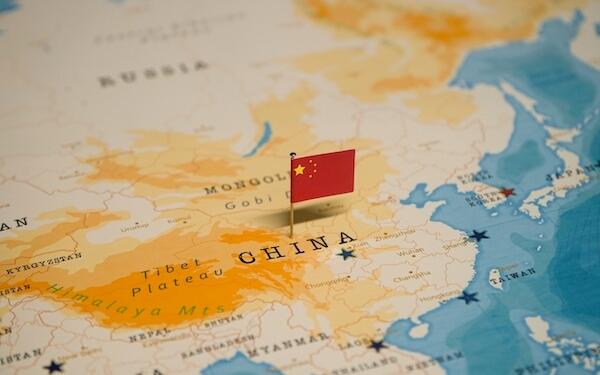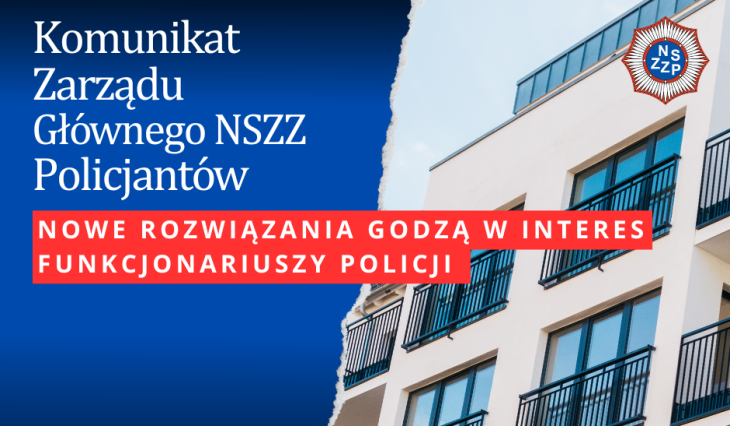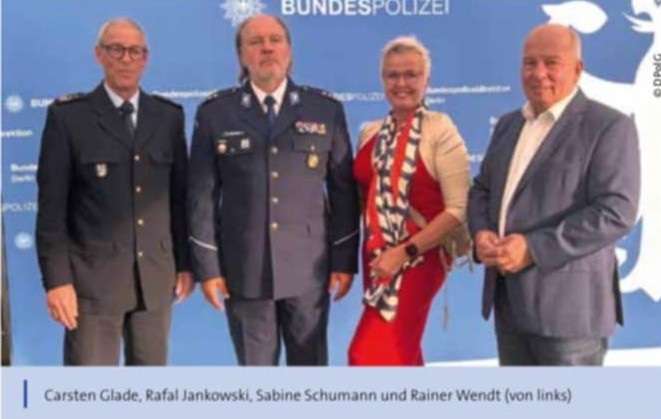
CHICAGO- A passenger attempting to resolve a cancelled flight through United Airlines (UA) ended up losing $17,000 in a phone scam.
The scam was tied to misleading phone listings connected to airports such as New York (JFK), which often display fraudulent agency numbers instead of the airline’s official contact.
Scammers frequently exploit search engines to trick travelers into believing they are calling legitimate airline help desks.
Victims believe they are speaking with United Airlines or Delta Air Lines (DL), but instead, they are charged thousands of dollars for services that should have been free.
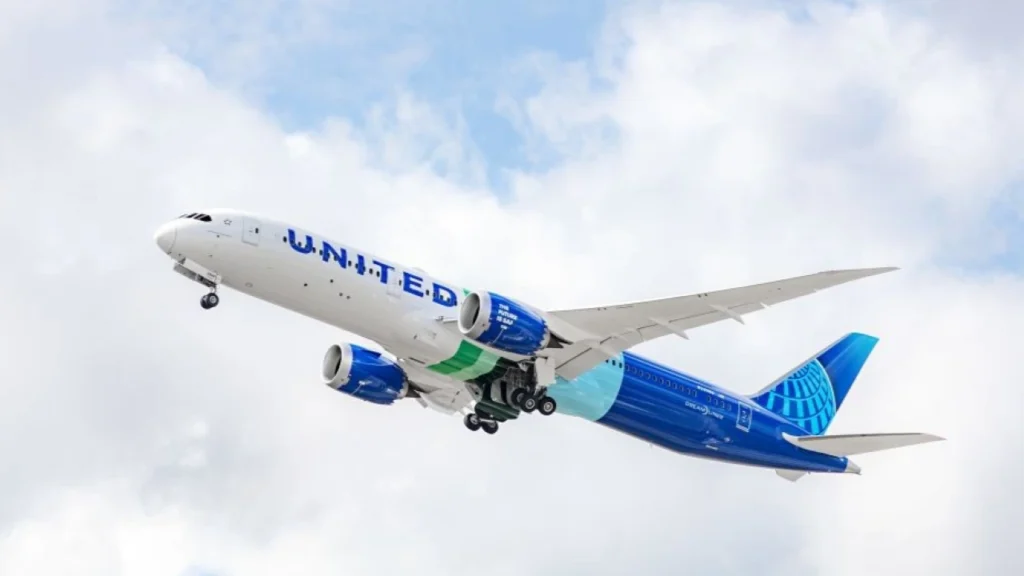 Photo: United Airlines
Photo: United AirlinesUnited Airlines $17,000 Phone Scam
In this recent case, a passenger’s United Airlines (UA) flight was cancelled, and his family was rebooked on a partner carrier for their Europe trip.
He was told he needed to pay upfront for new tickets, totaling $17,000, with the promise of a refund from United. Instead, the charge appeared under the name “Airline Fare,” not United Airlines.
What makes this case unusual is that:
- Phone records confirm the passenger called United Airlines.
- United acknowledges receiving the call.
- United’s records show the call lasted 12 minutes, while the passenger’s device shows three hours.
This raises questions about whether scammers intercepted or redirected the call despite the passenger dialing the correct official number.
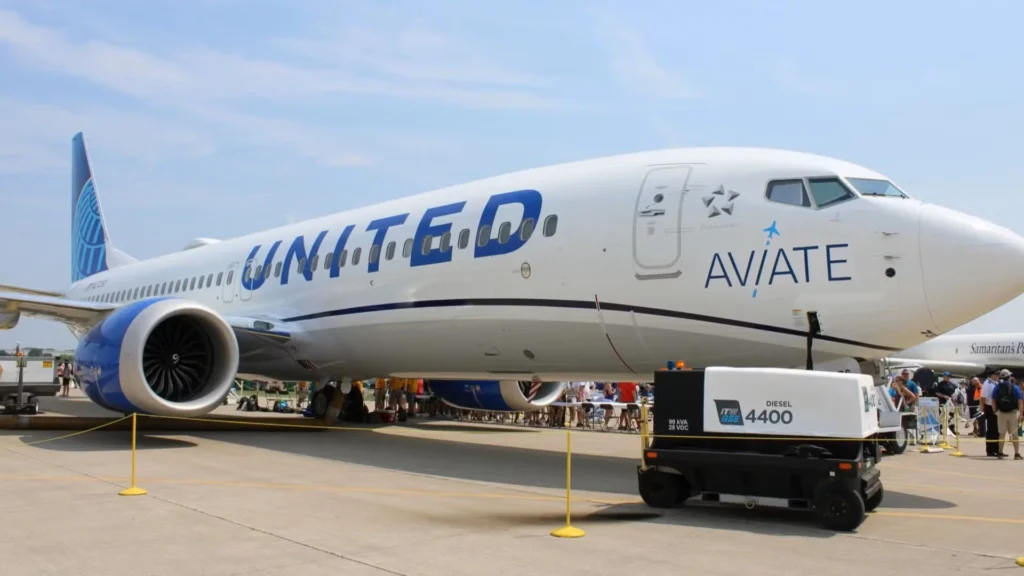 Photo: United Aviate Academy
Photo: United Aviate AcademyHow Scammers Target Airline Passengers
Fraudulent travel agencies purchase Google ads and manipulate search results to appear as official airline contacts.
Passengers calling these numbers are told they must pay for rebooking, seat changes, or even flight cancellation fees that real airlines would not charge.
Examples of such scams have surfaced with airlines including Singapore Airlines (SQ), Delta Air Lines (DL), Jetblue Airways (B6), and Hawaiian Airlines (HA).
According to View from the Wing, even outdated or inactive phone numbers linked to airlines have been taken over by scammers posing as legitimate agents.
The scheme succeeds because travelers often rely on search engines instead of official airline websites for customer service contacts.
Fraudulent agencies use deceptive advertising, misleading caller IDs, and false assurances to appear credible. In many cases, their businesses carry one-star ratings and “F” grades from the Better Business Bureau.
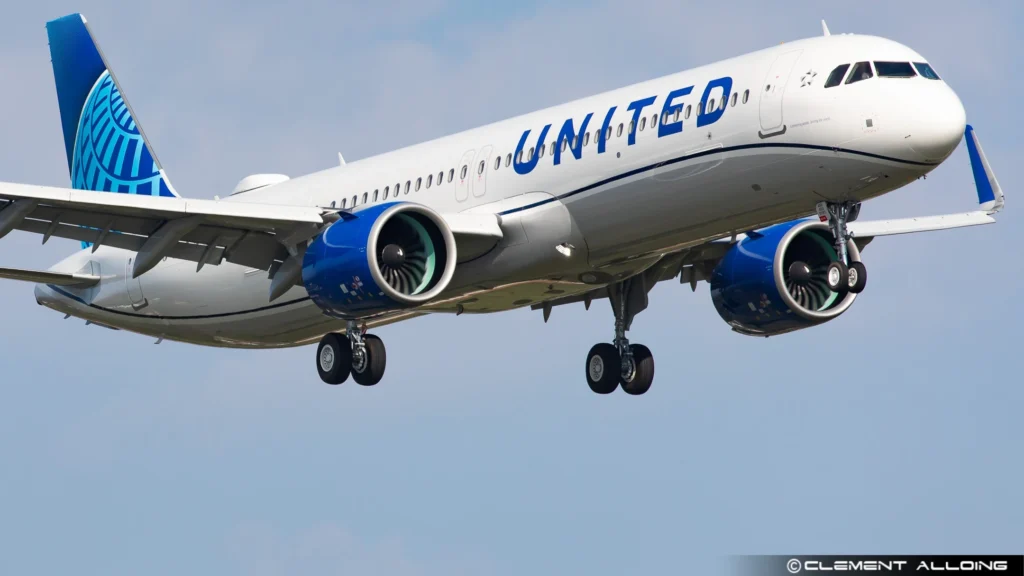 Photo: Clément Alloing
Photo: Clément AlloingTraveler Protection Strategies
Travelers must verify airline numbers directly on official websites to avoid scams. Avoid Google searches or ads for contact details, especially airport-specific ones like New York Airport (JFK).
During cancellations, confirm policies on refunds or rebookings without fees. Report suspicious charges immediately to the airline and monitor accounts for unauthorized transactions.
Stay tuned with us. Further, follow us on social media for the latest updates.
Join us on Telegram Group for the Latest Aviation Updates. Subsequently, follow us on Google News
United Airlines Flight Attendants Targeted with Fake Sites to Steal Salary
The post United Airlines Cancel Flight Call Scam Costs Passenger $17,000 appeared first on Aviation A2Z.





